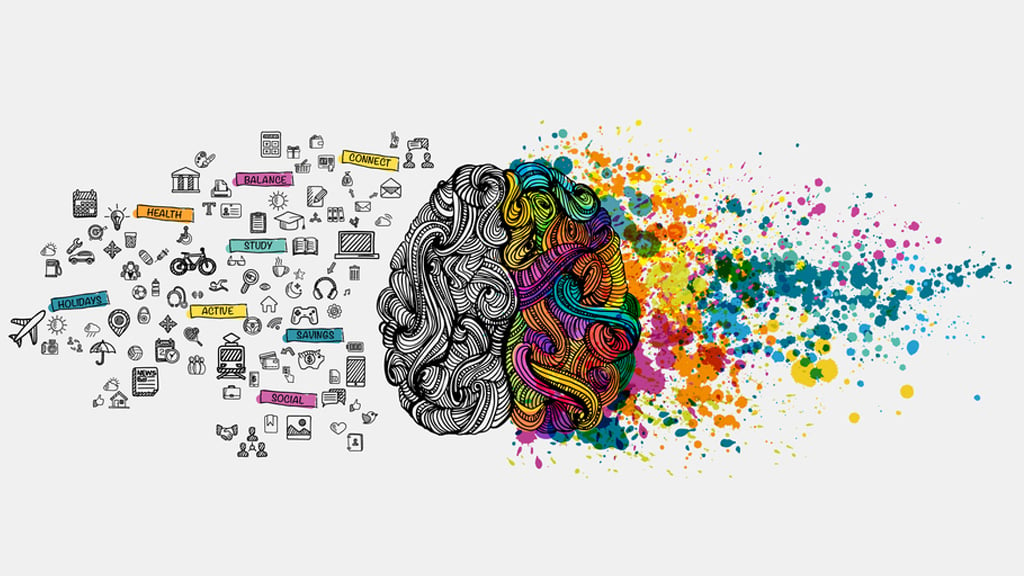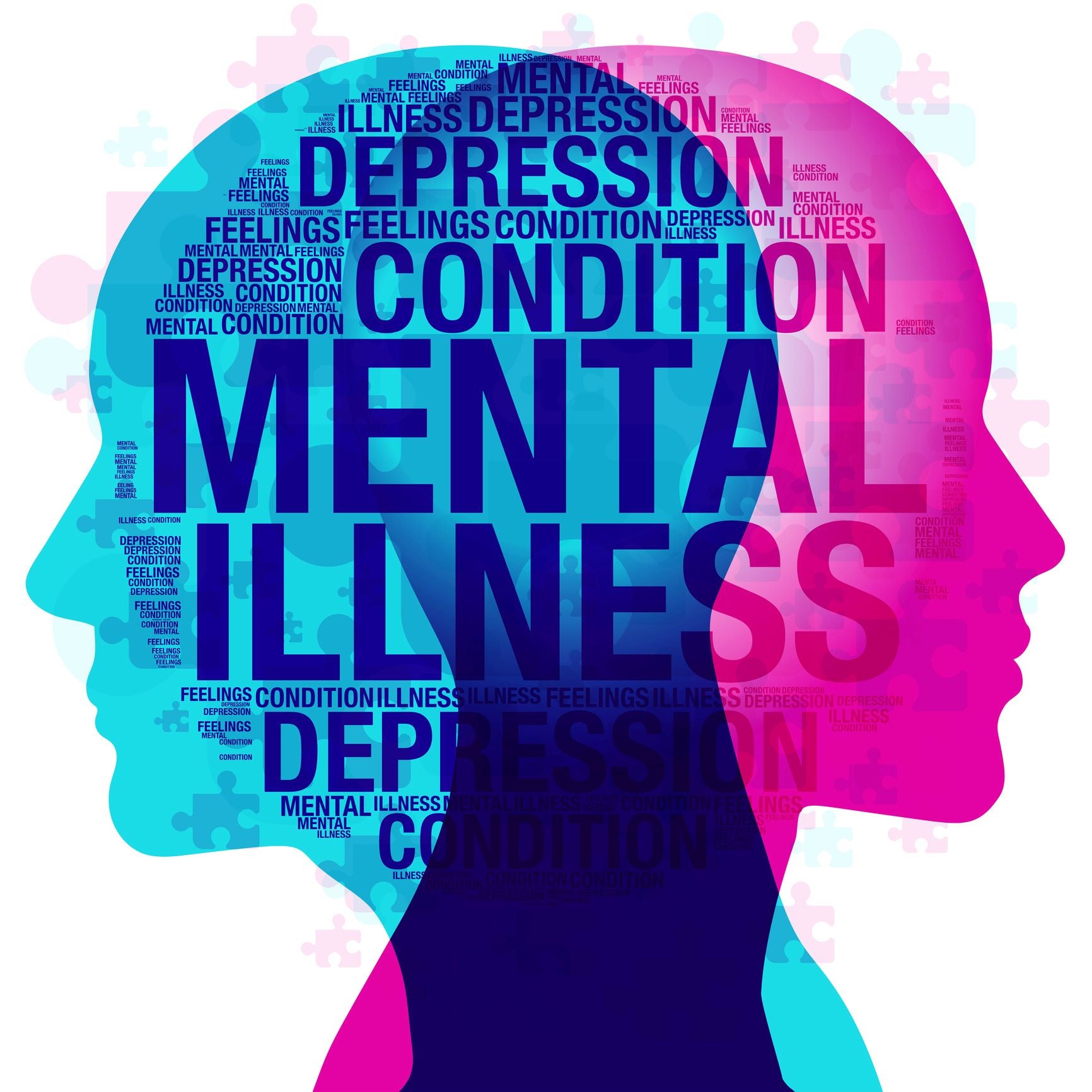Focused Care at a Trusted Inpatient Mental Health Facility
Wiki Article
Comprehensive Inpatient Mental Health Providers for Effective Treatment
Inpatient mental health services represent a vital part of the healthcare system, supplying a extensive and organized atmosphere for individuals experiencing extreme psychological distress. These services utilize a multidisciplinary approach, integrating various evidence-based treatments to resolve the intricate needs of individuals. The effectiveness of such extensive treatment expands past prompt stablizing; it additionally encompasses the transition to outpatient support, a vital stage usually forgot - inpatient mental health services. Checking out the nuances of this continuum exposes considerable ramifications for both private healing and wider mental health outcomes. What factors truly influence this shift, and exactly how can we improve its efficiency?Understanding Inpatient Mental Health Providers
Inpatient mental health solutions offer crucial assistance for people experiencing severe emotional distress that can not be handled efficiently in an outpatient setup. These services are designed to offer an extensive level of treatment in a structured environment, usually within a healthcare facility or specialized facility. People admitted to inpatient programs typically show acute signs, such as suicidal ideation, serious depression, or psychosis, requiring round-the-clock tracking and treatment.The admission process generally includes a detailed evaluation by psychological health experts, that review the person's mindset, background, and instant demands. Once confessed, patients engage in a selection of therapeutic techniques customized to their specific demands, consisting of medication monitoring, individual therapy, and team sessions. This all natural method aims to maintain the patient's condition, promote security, and foster coping abilities.
Inpatient psychological health services not only address instant wellness problems but likewise serve as a bridge to continuous treatment. By giving a controlled environment, these solutions facilitate the development of treatment plans that can be continued in outpatient settings, therefore making certain a continuum of treatment and boosting lasting outcomes for individuals with complex mental health needs.
Key Components of Effective Treatment
Effective treatment in inpatient mental health solutions consists of numerous vital parts that cultivate recuperation and stablizing. A detailed evaluation is vital to determine the individual's specific demands and obstacles. This evaluation notifies the development of a customized therapy plan, which works as a roadmap for treatment.An additional important element is the multidisciplinary team strategy. Partnership among psychiatrists, psycho therapists, nurses, and social workers ensures that numerous perspectives add to the client's treatment, enhancing the efficiency of therapy. Evidence-based restorative methods, such as cognitive-behavioral treatment (CBT) and dialectical behavior modification (DBT), are additionally important, providing organized techniques that attend to maladaptive thought patterns and behavior problems.

Last but not least, a concentrate on aftercare planning is critical to guarantee a seamless change to outpatient services, decreasing the danger of regression and advertising long-term health. These collective elements create a reliable therapy structure within inpatient psychological wellness solutions.
Benefits of Comprehensive Care

Thorough care in inpatient mental health and wellness solutions offers various benefits that dramatically enhance client results. Among the key benefits is the holistic method to treatment, attending to not just the emotional signs and symptoms but also the physical, social, and psychological needs of patients. This extensive analysis permits tailored interventions that promote overall well-being.
Another benefit is the integration of multidisciplinary teams, which fosters collaboration among health care experts. This collective atmosphere guarantees that clients receive coordinated care, reducing the risk of fragmented therapy and boosting interaction amongst caregivers. Detailed care facilitates connection of solutions, allowing for smooth changes from inpatient to outpatient settings, which is essential for long-term recuperation.

Finally, the organized atmosphere of extensive inpatient care provides a secure room for individuals to take part in restorative activities, aiding them create coping strategies and resilience. Jointly, these benefits contribute to more reliable therapy and improved lifestyle for people experiencing mental health situations.
Evidence-Based Restorative Techniques
In the realm of psychological health and wellness treatment, evidence-based healing techniques play an important role in ensuring inpatient mental health services that individuals receive reliable and clinically supported treatments. These methods incorporate the most effective available study with medical proficiency and person values, cultivating a tailored therapy experience that deals with specific requirements.Cognitive Behavior Treatment (CBT) is one of the most extensively identified evidence-based methods, concentrating on recognizing and transforming negative thought patterns and habits. This organized technique has actually demonstrated effectiveness in treating problems such as stress and anxiety, clinical depression, and ptsd. Dialectical Actions Treatment (DBT) is specifically reliable for people with borderline individuality problem, stressing the growth of psychological guideline and interpersonal efficiency skills.
Additionally, medication monitoring is often an integral component of evidence-based therapy, as psychotropic medicines can minimize signs and improve total performance. Collective care models, which entail multidisciplinary groups, additionally enhance the efficacy of inpatient services by making certain extensive examinations and continuous monitoring.
Eventually, the integration of evidence-based healing methods not just promotes positive medical end results however likewise equips people, fostering a feeling of company and strength in their psychological wellness journeys.
Transitioning to Outpatient Support
The transition from inpatient mental health and wellness solutions to outpatient support notes an important phase in a client's recovery journey. This duration requires careful preparation and coordination to make certain connection of care and to alleviate the threats of relapse or situation. Efficient discharge planning need to commence early in the inpatient stay, entailing a multidisciplinary group that includes psychoanalysts, psycho therapists, nurses, and social workers.Crucial element of an effective change consist of the advancement of a comprehensive aftercare plan customized to the person's details needs. This plan should lay out follow-up consultations, medication management, and restorative treatments, in addition to recognize area resources and support teams that can facilitate ongoing recovery.
In addition, client and family education and learning is vital during this stage. Understanding the signs of potential problems and the value of sticking to treatment can encourage people and their support systems.
Regular follow-up and reassessment of the outpatient strategy are crucial to deal with developing obstacles. By cultivating a joint connection in between inpatient and outpatient suppliers, the probability of sustained recovery rises, inevitably enhancing the person's lifestyle and lowering the threat of readmission.

Verdict
In summary, comprehensive inpatient mental health and wellness solutions use a vital structure for resolving extreme mental distress via a multidisciplinary technique. Eventually, such comprehensive care is crucial for long-lasting psychological health and wellness and wellness.The admission procedure usually involves an extensive evaluation by mental health professionals, who examine the individual's mental state, background, and prompt requirements.Reliable treatment in inpatient mental health solutions consists of a number of key parts that cultivate recovery and stabilization.Thorough treatment in inpatient psychological health and wellness services offers countless benefits that significantly improve individual results.The shift from inpatient mental wellness solutions to outpatient support notes a vital stage in a client's healing trip.In recap, comprehensive inpatient psychological health solutions use an essential framework for attending to extreme psychological distress with a multidisciplinary approach.
Report this wiki page